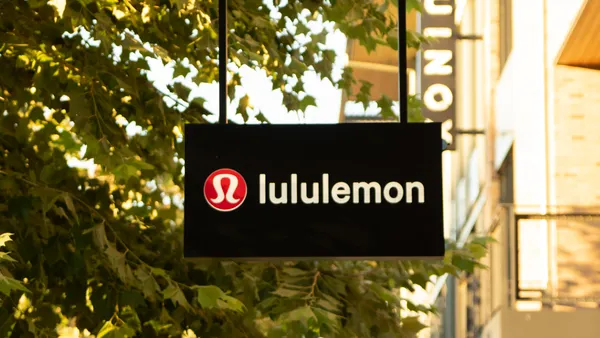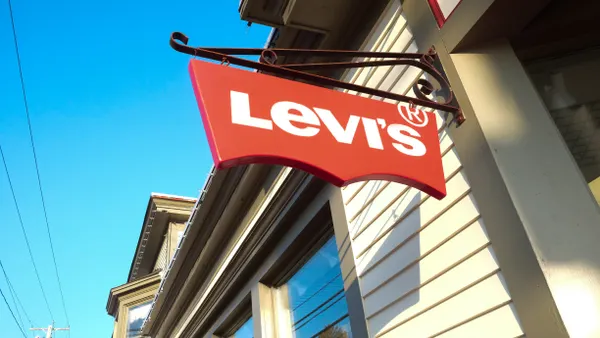Dive Brief:
-
Farfetch Limited announced that it raised $250 million from selling senior convertible notes to Tencent, the Shenzhen, China-based technology firm, and Dragoneer, a San Francisco-based investment firm. Per a company statement, both firms agreed to buy $125 million in shares each.
-
Aside from boosting the company's liquidity, the investment capital will support its long-term strategy as it aims to become an international tech platform for luxury brands, including in the Chinese market, according to a company statement.
-
The luxury fashion tech company currently works with more than 80 high-end brands on WeChat, including Moncler, Balenciaga, Saint Laurent, Armani and Ralph Lauren, the company noted in its press release.
Dive Insight:
Tencent's investment into Farfetch strengthens the relationship between the two companies, which could help the fashion platform as it attempts to grow in the Chinese market. The investment also comes after the platform launched a store on Chinese marketplace JD.com last June.
"Tencent's deep technology expertise and ongoing relationship with Farfetch, paired with Dragoneer's expertise in supporting growth-oriented technology companies, makes both investors outstanding partners to support Farfetch's next chapter of growth," José Neves, Farfetch founder, CEO and co-chair, said in a statement. "As we continue to execute on our long-term strategy, we believe that this investment supports Farfetch in delivering on the significant opportunity we see and scaling our business to achieve profitability in the medium term."
The cash infusion also comes after the company successfully acquired similar platforms. The company acquired Stadium Goods for $250 million in cash and Farfetch shares in December 2018 after filing for an IPO in August of that year. It went on to fold JD.com's Toplife into Farfetch China in February 2019 and buy New Guards for $675 million in cash and Farfetch shares in August 2019. It remains to be seen whether the company's strategy of raising capital and snapping up similar startups will yield profitability.













